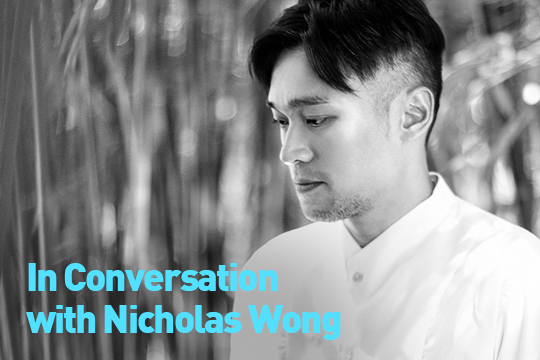Catch up with latest book festivals, translation awards, and advances in the fight against free speech restrictions with the Asymptote team this week. Editor-at-Large for Hong Kong Charlie Ng reports on the a new PEN branch, while Executive Assistant Theophilus Kwek sends us the scoop on graffiti-poetry and more from Singapore. Editor-at-Large Alice Inggs knows the best new publications coming out of South Africa and Nigeria and takes us along on the lit festival circuit.
Editor-at-Large Charlie Ng Chak-Kwan calls in the news from Hong Kong:
PEN Hong Kong was re-established this September. The official launch of the organisation was held on 13 November to introduce its mission, work, and founding members to the community of writers, journalists, translators, publishers, and those interested in writing or concerned with free expression in Hong Kong. The re-launch at this timely moment is aimed at addressing the restraints on freedom of speech in Hong Kong in face of tightening political control from the Chinese Government, seen in such incidents as the disappearance of five members of a Hong Kong bookstore that sold publications critical of Chinese leaders. Additionally, Beijing’s interpretation of Article 104 of the Basic Law has led to the disqualification of two newly elected pro-democratic Legislative Councillors.
Besides featuring the launch of PEN Hong Kong, the Hong Kong International Literary Festival this year put together a broad range of activities for all literary lovers. Hong Kong-born, Chinese-British poet and winner of the 2015 T. S. Eliot Prize Sarah Howe read from her poetry collection Loop of Jade and gave a lecture at the University of Hong Kong. Meanwhile, renowned Chinese Misty poet Bei Dao also gave a poetry reading in the Festival. The two panels, ‘Lost and Found in Translation I and II‘, shed light on the significance of translation for poetry, fiction, and cultural exchange.



